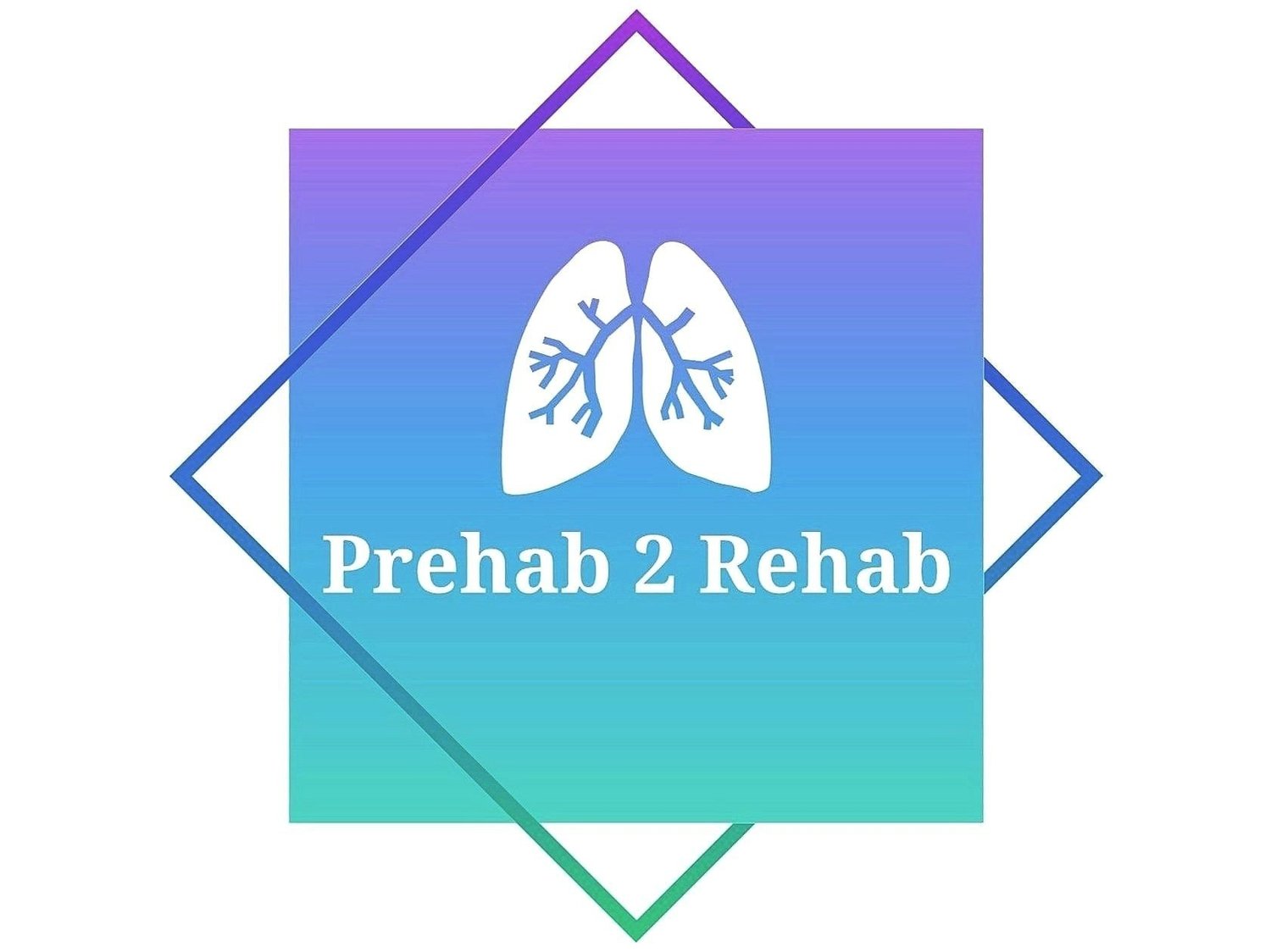FAQs
-
✓ It can reduce your risk of postoperative complications, such as infections, bleeding and pulmonary embolism.
✓ It improves your cardiac and respiratory function.
✓ It can shorten your length of hospital stay, including reducing the need for intensive care, which means you get home and ‘back to normal’ quicker.
✓ It enhances your muscle strength, joint range of motion, balance and mobility.
✓ It can improve your quality of life, functional status and psychological wellbeing.
✓ It can foster positive lifestyle changes that may have long-term health benefits.
-
✓ Improving your physical, respiratory and health before your operation reduces the risk of post-operative complications
✓ You become an active member of your care team, rather than having ‘things happen to you’.
✓ Improving your fitness, resilience, nutritional status and immunity can help you cope with the stress and anxiety of your diagnosis and the treatment required. ‘Knowledge is power’ and ‘forewarned is forearmed’ are two very common phrases and both are ideal when thinking of prehabilitation.
By learning simple things that may or will likely occur as part of your surgery and hospital stay, the ‘unknown’ becomes more familiar and less scary.✓ By adopting strategies that can circumvent some of these possible events and learning how to cope with others, you are doing as much as you possibly can to facilitate a smooth recovery.
-
You will have a comprehensive preliminary assessment of your health, followed by a structured and personalized multidisciplinary programme in the weeks ahead of your surgery. It may include medical optimization, increasing physical and respiratory fitness, receiving advice regarding your nutritional status and improving your mindset/resilience.
-
Meaningful improvements have been demonstrated within just two weeks of prehabilitation, with more benefits with four or more weeks of prehab. We will always be guided by your situation and surgeon’s recommendations to facilitate your readiness for surgery without undue delay.
-
✓ Major abdominal surgery, such as colorectal, pancreatic or liver resection.
✓ Cardiothoracic surgery, such as coronary artery bypass grafting, valve replacement or lung resection.
✓ Orthopaedic surgery, such as rotator cuff repair, ACL and MCL reconstruction, or total hip or knee replacement.
✓ Major gynaecological surgery, such as total abdominal hysterectomy, tumour debulking or pelvic floor reconstruction.
✓ Any cancer related surgery. We help you to not only cope with the surgery itself, but also to come to terms with the diagnosis and the treatments needed, and later to prepare your body for the rigors of any additional treatment like chemotherapy or radiotherapy.
-
Prehabilitation is a process that aims to enhance your respiratory, physical and psychological function to support you before, during and after surgery.
Prehabilitation before major surgery can lead to a faster recovery and better post-surgical experiences and outcomes.
While you are waiting for your elective surgery, prehabilitation enables you to prepare for your procedure by promoting healthy behaviours through physical and breathing exercises, nutrition, education and psychological interventions.
-
Ultimately, the duration of a prehabilitation programme will vary depending on your initial health and fitness, your diagnosis and the type of surgery, and, of course, guidance from your surgeon. Meaningful results have been demonstrated with just one session, however a more comprehensive programme of 4-6 weeks may be needed.
-
After the prehabilitation programme is completed, you will undergo your planned surgery. Your stay in hospital will vary depending on the type and complexity of your surgery. This may be a few days, or a week, or maybe more.
In hospital, you will start post-operative rehabilitation which aims to restore your function, mobility, and quality of life after surgery.
The duration and intensity of post-operative rehabilitation may vary depending on the outcome of your surgery, any post-op complications, your post-op condition and your goals. It can last from a few weeks to several months or longer.
After discharging from the hospital, you will need to follow up with your surgeon and may also need to see other healthcare providers. The follow-up visits will monitor your recovery, healing and functional outcomes.
We can offer our expertise regarding your post-op recovery, taking you from Prehab 2 Rehab.
-
Yes! The evidence showing the benefits of prehabiliation is strong and robust.
Many studies have demonstrated that the components of our prehabiliation programmes significantly reduce post-operative pulmonary complications (chest infections), reduce the duration of hospital stay, improve quality of life and increase functional capacity.
A 2018 study suggested a targeted physical prehabilitation program lasting six weeks before surgery showed post-operative benefits for up to six months.
Preparing for your surgery makes your recovery smoother and faster.
Didn’t find the answers you were looking for? Please feel free to contact us. We are happy to help!
